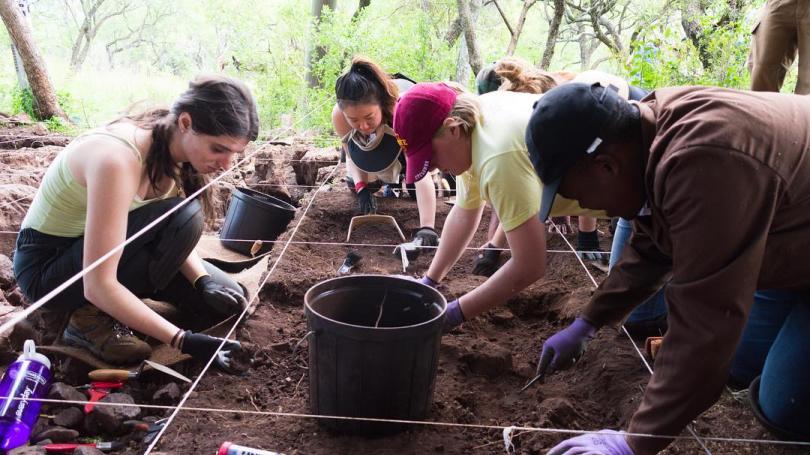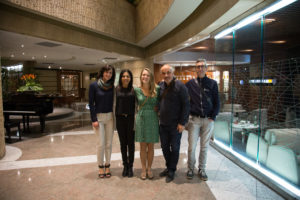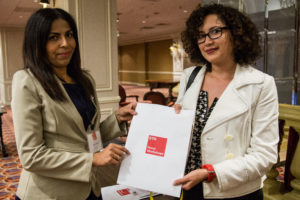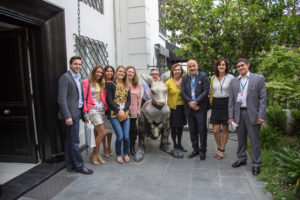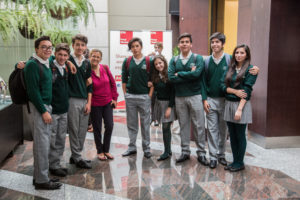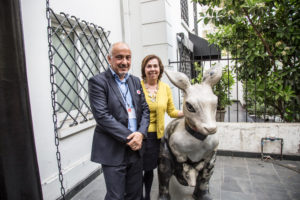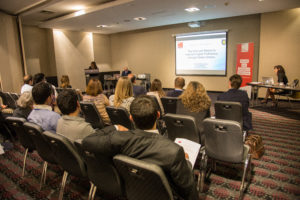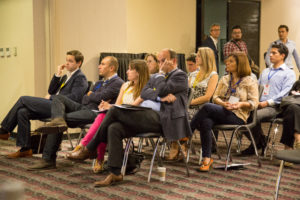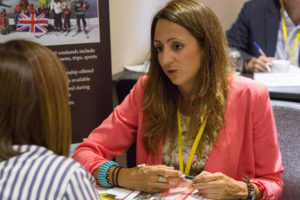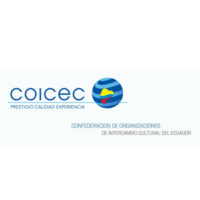Innovative learning spaces for improving student engagement
Experimental Learning
- Each student is working on the task individually or within groups of students
- There is a clear and short timeframe
- The final goal is clearly described and meaningful
- The task itself is feasible and not complicated
- The nature of the outcome is described emphatically
Community Engagement
Engaged Learning
Engaged learning happens when students are behaviourally and emotionally engaged in a given activity without actually applying any mental effort to understand and master the new knowledge, skill or craft that the activity promotes. If you are starting to think how to implement Engaged learning in your education strategy, here are a few elements that will help you design the activities that will definitely help to enhance student engagement both behaviourally and emotionally.
- Make it meaningful. In aiming for full engagement, it is essential that students perceive activities as being meaningful.
- Create a sense of competence. Researchers have found that effectively performing an activity can positively impact subsequent engagement.
- Let go of control, without losing power. Be open to hear student’s opinions and ideas, give them the time they need and use an informational, non-controlling language with students.
- Establish positive teacher-student relationships. Care about their emotions and invest in some one-to-one time with students.
Experiential learning, Community engagement, and Engaged learning provide students with many new learning opportunities in and outside of schools. These types of learning spaces invites students into a real-world environment where they can acquire real skills that they will be using later on in life and in their education. Engaged learning may be hard for some practitioners at first, however, connecting experiential learning designs to traditional learning may provide the possibility to build and facilitate student engagement.



